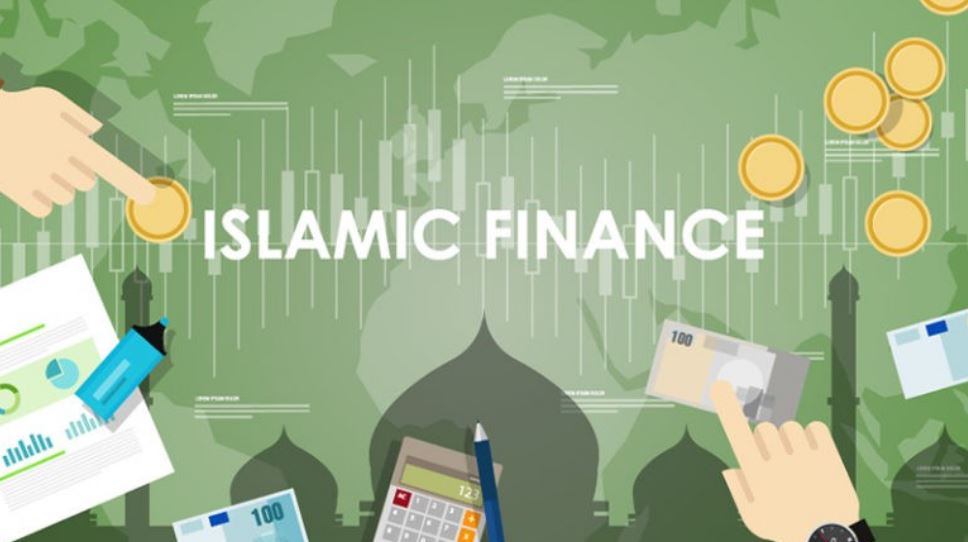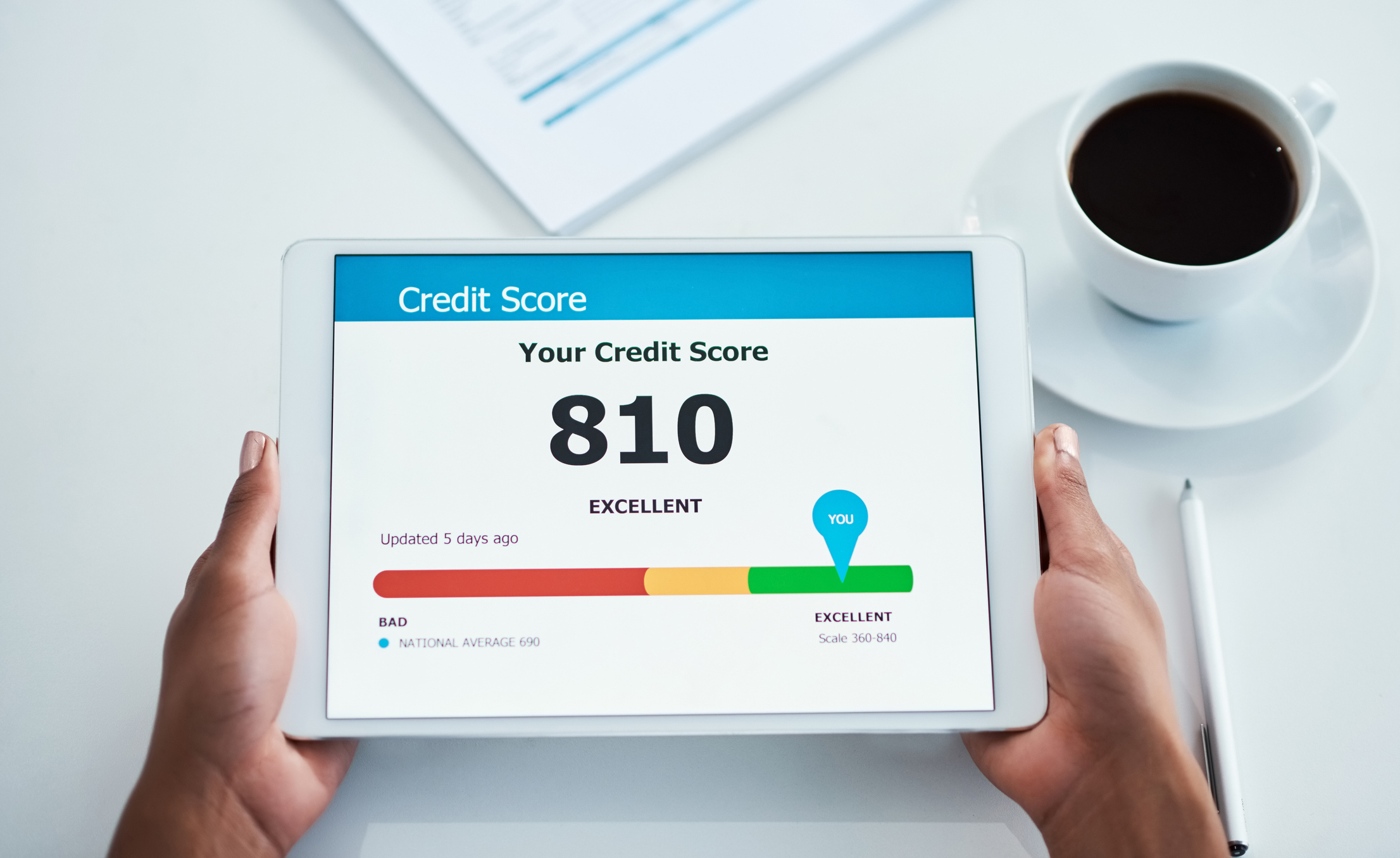Understanding Halal Mortgages in the U.S.: A Comprehensive Guide for Homebuyers

Are you a Muslim homebuyer in the U.S. searching for an Islamic mortgage option vs. conventional mortgage?
Halal mortgages are becoming increasingly popular, especially with Muslims who wish to buy a home while adhering to their religious beliefs. With no interest payments involved, an Islamic mortgage offers a more ethical and socially responsible way of home financing.
For many Muslim homebuyers in the U.S., finding a home financing solution that aligns with their religious beliefs is a top priority. The demand for Muslim mortgage options is increasing as more buyers seek Sharia-compliant solutions in the current U.S. housing market. Halal mortgages, also known as Islamic mortgages, are designed specifically to comply with Islamic law, which prohibits paying or receiving interest.
Unlike traditional mortgages that rely on interest-based lending, halal mortgages offer ethical alternatives rooted in Islamic finance principles. These alternatives use asset-backed financing, co-ownership structures, and risk-sharing arrangements to ensure that the financing process is both fair and compliant with religious values.
How Does It Work?
Halal mortgages offer Muslim homebuyers the opportunity to purchase a home without compromising their faith.
Guidance Residential utilizes a co-ownership model where both the buyer and the financier share ownership of the property, and the buyer gradually acquires full ownership through monthly payments.
This approach not only avoids interest rates but also ensures that the payment structures and risk-sharing mechanisms are in line with Islamic finance principles.
When comparing Islamic mortgage options to conventional mortgages, it’s important to consider how these key differences impact your home financing journey and help you achieve your goals while staying true to your religious beliefs.
Finding the Right Fit
Finding the perfect mortgage can be a complex and time-consuming process, especially for home buyers adhering to Islamic principles. Fortunately, Islamic or halal mortgages are gaining popularity in the USA, offering Muslim home buyers an ethical and convenient choice.
In this comprehensive guide, we will explore key principles of Islamic mortgages in the USA — their definition, functionality, and why they are a viable solution. We will also cover the most common structures of halal mortgages available in the U.S. Our goal is to make it easy for you to understand the essence of Islamic home financing and how it compares to conventional mortgages.
What is a Halal Mortgage?
Halal mortgages are a type of home financing specifically structured to avoid paying interest, which is prohibited in Islamic finance. Unlike traditional loans, halal mortgages do not require interest payments, instead using alternative models that comply with Shariah principles.
Types of Halal Mortgages
Halal mortgages come in several types. Three types of Islamic home financing models are fairly well-known in the United States: Ijara, Musharaka, and Murabaha. These models, known as nominal contracts, all comply with Islamic guidelines, and each model has its own rationale. Among these types, Musharaka is generally considered the most preferred method for buying a home in the U.S.
It is important to be aware of the distinctions and choose the appropriate model that aligns with both Islamic financial principles and the regulatory framework in order to ensure compliance and effectiveness in financial transactions.
Each type of halal mortgage may have specific eligibility criteria and key factors that influence which option is best for a given homebuyer.
Murabaha
In a Murabaha contract, the bank uses a cost-plus financing model: It purchases the property and immediately sells it to the buyer at a higher price. The total cost, including the profit margin, is agreed upon up-front, and profit rates are used instead of interest rates. The customer pays the agreed-upon amount in installments over a specific period.
Murabaha is considered less favored than other options. It creates an obligation for the home buyer that can resemble debt.
Ijara
Another model is ijara, or lease-to-own financing. Ijara is a widely accepted tool that is commonly used in financial transactions worldwide. However, in the United States, it may not be the optimal type of contract.
In this model, the financier purchases the property and then leases it to the buyer for a specific period. The buyer makes monthly payments that include both a portion of the property price and a rent payment. At the end of the lease period, the buyer owns the property outright.
In Ijara, the home buyer is basically a tenant for the entire period of the contract and does not enjoy the benefits of homeownership until repayment is complete. This can be a drawback for some Muslim homebuyers in the United States.
Musharaka
The Musharaka model involves co-ownership between the home buyer and the financing company, where both parties have a share in the property owned. In Musharaka mortgages, the bank’s share is initially larger, reflecting its greater investment, and this share decreases over time as the buyer makes payments to acquire full ownership.
In a variation called Diminishing Musharakah, or the Declining Balance Method, the home buyer gradually acquires the financier’s stake in the property while paying a fee to utilize the portion still owned by the financier. Diminishing Musharakah is considered the most favorable option.
In this case, initially, each party owns a share of the home proportional to the amount they contributed. Over time, the buyer’s ownership stake increases while the company’s share decreases until the buyer owns the entire property.
Musharaka: The Preferred Choice
Musharaka mortgages are a popular choice for home purchases among Muslim homebuyers in the U.S.
The buyer maintains full ownership rights for the property from the start, like any other homeowner. The rights and responsibilities of each party are clearly defined in the contract, with special protections provided to the buyer that do not exist in a traditional mortgage.
The Musharaka method aligns perfectly with the principles of Islamic law as well as the goals of homeowners in the U.S., making it the most attractive option.
Understanding Co-Ownership Models in Halal Home Financing
Co-ownership is a cornerstone of musharakah-based halal mortgages available to Muslim homebuyers in the U.S. In this model, both the financing company and the homebuyer become co-owners of the property from the outset. Over time, the homebuyer increases their share of ownership by making monthly payments, gradually buying out the financing company’s stake until they become the sole owner.
This approach is deeply rooted in Islamic finance principles, which emphasize fairness, transparency, and shared risk. By sharing both the risks and rewards of property ownership, co-ownership models ensure that the financing arrangement is equitable for all parties involved.
For Muslim homebuyers, understanding how co-ownership works is essential for making informed decisions about halal mortgage options and ensuring that their home financing is fully compliant with Islamic law.
Asset-Backed Financing: The Foundation of Halal Mortgages
Asset-backed financing is at the heart of halal mortgages, setting them apart from conventional loans that are often based on interest and speculative transactions.
In a loan, the borrower is essentially buying money from the financing company now in return for more money later in the form of interest. Money is not considered a tangible asset, so no tangible asset is involved in this type of transaction.
On the other hand, in its halal musharakah-based co-ownership model of financing, Guidance Residential actually purchases the property as a tangible asset along with the home buyer as co-owners. This structure ensures that every transaction is tied to a real economic activity, which is a fundamental requirement of Islamic finance.
By avoiding speculative transactions and focusing on asset-backed financing, halal mortgages provide a transparent and ethical way for Muslim homebuyers to finance their homes. This approach not only complies with Islamic law but also promotes financial stability and fairness throughout the home financing process.
The Importance of an Independent Shariah Board: Ensuring Authenticity
An Islamic mortgage provider should be overseen by an independent board ensuring its sharia-compliant status.
Sharia law encompasses a vast subject matter, and the branch that deals with contracts and business is highly specialized. A shariah board is essentially the guarantee for the customer that the products or services offered by the provider will yield halal results.
The AAOIFI, the auditing and accounting organization for Islamic financial institutions, has established in one of its standards for the industry that any financial organization claiming to be Islamic must maintain a shariah board of at least three scholars to guarantee its Islamic authenticity. Guidance Residential is overseen by an independent shariah board consisting of seven highly respected scholars of Islamic finance.
Halal Mortgage Providers in the U.S.: Who Are They and What Do They Offer?
The U.S. is home to several halal mortgage providers dedicated to helping Muslim homebuyers achieve homeownership in accordance with Islamic law. Leading providers offer Islamic mortgage products that adhere to Islamic finance principles such as co-ownership and asset-backed financing.
When exploring your options, it’s important to compare the different financing terms, payment structures, and levels of shariah compliance offered by each provider. By choosing a trusted and experienced halal mortgage provider, Muslim homebuyers can ensure that their home financing is not only ethical and compliant with Islamic law but also tailored to their unique needs and circumstances.
Banks vs. Non-Bank Islamic Financing
While some banks have begun to claim that they offer an Islamic mortgage, a true Sharia-compliant mortgage must be provided by a specialized financial institution rather than a conventional bank in the U.S.
Compared to their conventional counterparts, shariah-compliant mortgage providers differ in structure and compliance, avoiding interest-based transactions.
Banks Rely on Riba
Like other Abrahamic faiths, Islamic law strictly prohibits riba, which is lending and borrowing money at interest. Interest is what U.S. banks are based upon.
Banks convert cash deposits into debt, selling more debt through credit cards or interest-bearing loans. Financing a home through a bank means enriching the bank and indirectly supporting ventures prohibited by Islam.
Some mainstream banks even claim to have adopted similar models to Guidance’s co-ownership program. However, U.S. banking laws prohibit banks from investing in and owning real property, making true co-ownership impossible.
Authentic Alternatives
Fortunately, Islamic home financing providers are now available to provide an authentic Islamic mortgage for U.S. home buyers.
The most popular option for a halal mortgage is Guidance Residential. The company is not a bank and does not charge interest. It is the only Islamic home financing provider that establishes co-ownership with consumers via an LLC. The Assembly of Muslim Jurists of America (AMJA) has endorsed Guidance and its co-ownership model as a permissible path to Islamic home financing.
Benefits of a Halal Mortgage
Islamic mortgages offer numerous benefits that set them apart from conventional interest-based mortgages. They provide a way to purchase a home while adhering to religious principles and ensuring ethical and socially responsible financing.
Let’s explore the unique factors that differentiate Guidance Residential’s program:
Co-ownership: Both the customer and the company buy the home as partners, which is a more equitable arrangement than a debtor-creditor relationship with a conventional mortgage broker.
Riba-free: The Declining Balance Co-ownership Program offered by Guidance Residential is 100% riba-free, aligning with Islamic financial guidelines.
Risk sharing: Guidance Residential shares the risk with the home buyer in certain instances like natural disasters or eminent domain. This is a benefit banks do not offer.
No prepayment penalty: Flexibility is a key feature of this program. Homeowners are not charged any fees if they decide to pay off the home earlier than anticipated, offering them financial autonomy.
While Guidance Residential does not charge prepayment penalties, some halal mortgage lenders may impose prepayment penalties, such as a three-month profit fee or Profit Rate Differential, so it’s important to review the terms carefully.
Additionally, some halal mortgage options may have higher costs compared to conventional mortgages due to unique operational costs and administrative requirements involved in structuring and managing Sharia-compliant products.
Capped late payment fees: Late payments should not be an opportunity for the financier to earn additional profit. To ensure fairness, late payment fees are capped to cover the expenses of administering a late payment.
Default and foreclosure: Unlike traditional lenders, Guidance Residential does not pursue customers’ personal assets in case of foreclosure.
Read 10 common questions and answers about Islamic mortgages.
How to Qualify for a Halal Mortgage
When it comes to buying a home with Islamic financing, while the contract is halal, the process follows the same steps as any other U.S. home purchase: application, processing and underwriting, and closing.
The approval process for halal mortgages involves reviewing specific eligibility criteria and key factors such as income, savings, and credit history.
In this section, we will guide you through each step of the process.
Step 1: Application
To begin, whether you are buying or refinancing a home, you will provide essential information about your finances. This step allows you to determine how much funding you may qualify for. Getting pre-approved helps you determine the home price you can afford. This helps you narrow down your search for your dream home.
Guidance Residential offers two options to start your journey: a quick Pre-Qualification for a rough estimate, or a Pre-Approval Application for a more detailed assessment.
Pre-Qualification provides you with a quick, rough idea of what you might qualify for based on unverified information you provide. When you’re ready to begin looking, though, it’s important to proceed with Pre-Approval. This is a more comprehensive process that results in a Pre-Approval letter.
Pre-Approval signals your preparedness to home sellers and real estate agents. It also makes the financing process go more quickly and smoothly once you find the home you want to buy.
The Pre-Approval Process
In the Pre-Approval application, you will submit documentation related to your income, employment, and savings. Providing accurate financial information and demonstrating a strong credit history are essential for the pre-approval process. Guidance’s user-friendly online application simplifies the process and expedites your Pre-Approval, helping you complete it conveniently at your own pace.
Recap—what to do in this phase:
• Complete the Pre-Approval application
• Provide necessary documentation for Pre-Approval
Step 2: Processing and underwriting
After you submit your documentation, an underwriter will review your application. They may ask for additional documents, so it’s important to watch for communication from them and respond in a timely manner. You will receive a response providing valuable insight into the financing options available to you.
Recap—what to do in this phase:
• Answer any questions posed by the financer.
• Ensure all requested documents are provided in a timely manner.
• Keep all lines of communication open during the process.
Step 3: Identifying a Property
When you find a home you want to buy, your real estate agent will help you submit an offer and negotiate if necessary. Once the contract is accepted by the seller, you will move forward with the financing process specifically tailored to that property.
Since you will have already obtained Pre-Approval, much of the groundwork will have already been completed and now you will only need to provide the final documentation. The online portal allows you to upload documents through your phone and easily track the status of your application.
Recap—what to do in this phase:
• Provide documentation about the property to the financier
• Track the status of your application
Step 4: Closing
Once your file is approved by the financer and all preparations are complete, you will proceed to the closing stage.
During this process, a title company or closing agent will be responsible for handling all paperwork and transferring money for the sale of the home. You’ll sign the papers at closing, and the financier will disburse funds directly to the seller.
Then you get the keys to your new home!
Recap—what to do in this phase:
• Work with the title/closing company to complete all paperwork.
• Confirm your agreement to purchase the home and sign closing documents.
• Remember to bring a valid form of identification (driver’s license, etc).
With these four steps, you are now equipped to handle an Islamic home buying process.
Read more about what is an Islamic mortgage and how it works.
Start Your Home Buying Journey
Buying a home is one of the most important decisions you will make. The team at Guidance Residential is here for you every step of the way, from pre-qualification and pre-approval on through to finding the right real estate agent for you and your family. We invite you to explore the home buying process with Guidance Residential today.
Guidance Residential remains the #1 U.S. Islamic home financing provider. Over the past 20 years, we have assisted more than 40,000 families. Learn more and get started on your home finance journey today.
Your Guidance Residential Account Executive is here to help with any questions. Looking to refinance or purchase? Have a friend or family member who is looking for a home? Call 1.866.Guidance, or start an application today.




